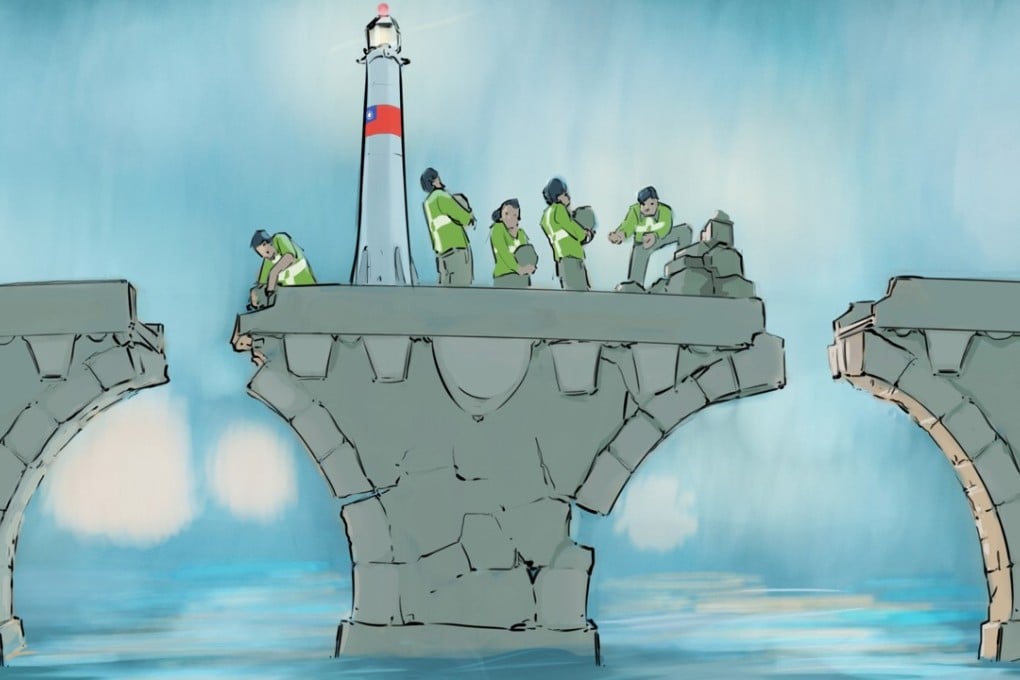Advertisement
How China-US rivalry is hastening the marginalisation of Taiwan
Tian Feilong says America’s use of Taiwan as a bargaining chip in its tussle with China is upsetting the status quo of cross-strait relations. With the DPP government in Taiwan also becoming more provocative, Beijing is being forced to respond
Reading Time:4 minutes
Why you can trust SCMP

Taiwan received a special “gift” on Labour Day this year – the severance of its diplomatic relationship with the Dominican Republic. This was a blow to the Democratic Progressive Party-led government.
Advertisement
It would be no exaggeration to say that the island faces severe challenges both at home and abroad. Just days earlier, anger over a proposal for pension reform for military veterans led protesters to storm the parliamentary building, recalling the Sunflower Movement of 2014, in which students occupied the Legislative Yuan. Meanwhile, the Ministry of Education’s decision not to approve the appointment of National Taiwan University president-elect Kuan Chung-ming led to an outcry of interference in academic freedom.
Herein lies the irony in Taiwan’s democratic development. The DPP, which rose to power as a champion of democracy, is now resorting to institutional violence to keep control and hurting the core values of Taiwanese democracy. The fact is that, although the United States described Taiwan as a “beacon of democracy” in its Taiwan Travel Act, which was signed into law last month, this leading light has dimmed and the island appears trapped by its internal and external problems.

No doubt Taiwan’s fascination with the myth of independence plays a role in its predicament, but the main reason is the changing global order inspired by the rivalry between China and the US.
Advertisement
Any serious discussion about Taiwan must be framed by the larger context of China-US relations.

Advertisement